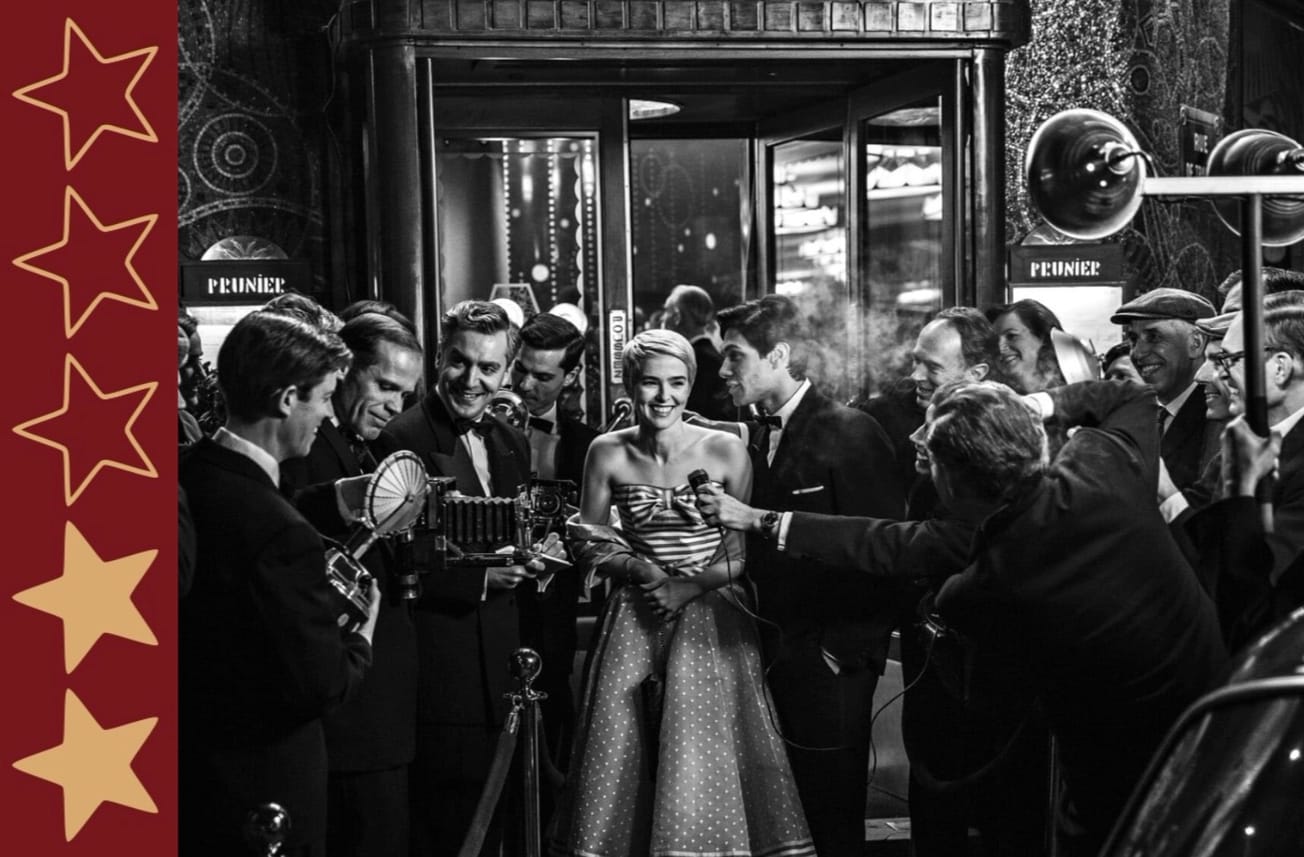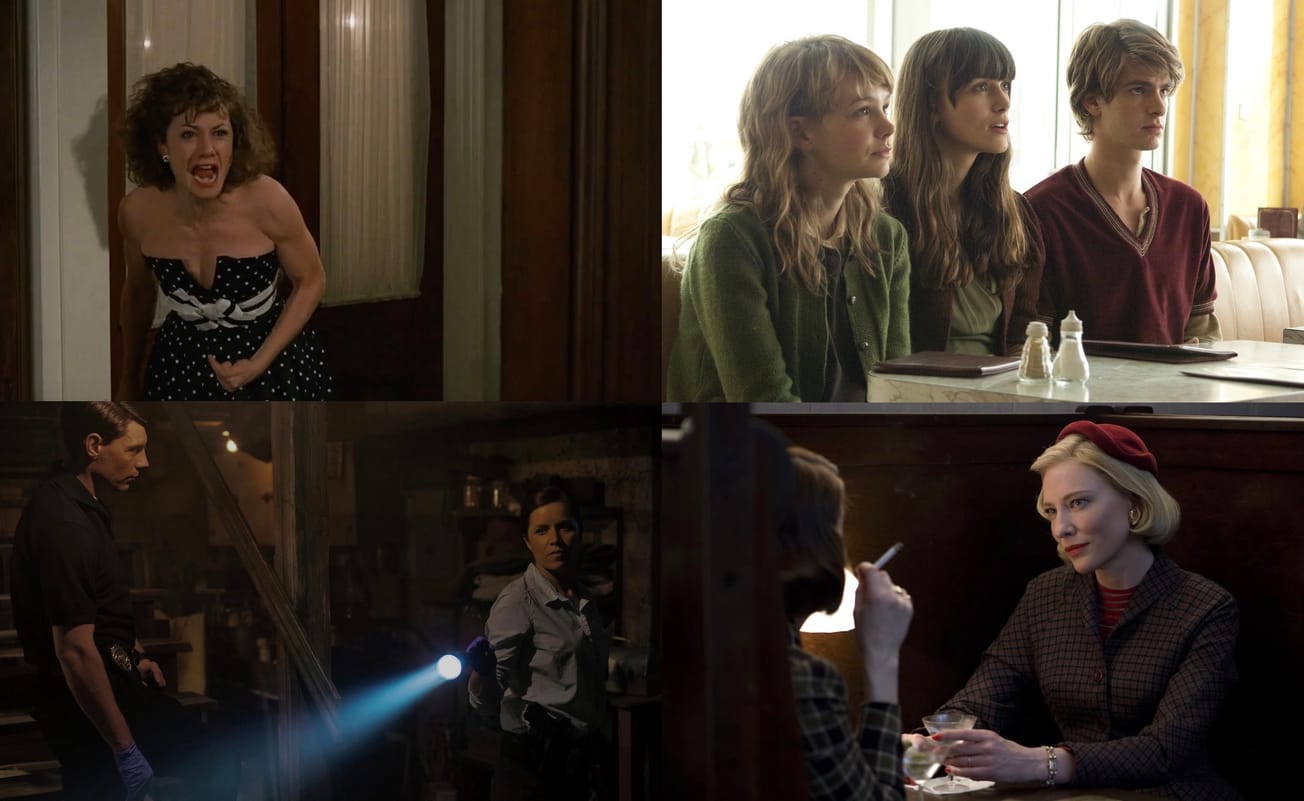By Ciara Grout, Third Year, Spanish & Film
Netflix’s drama, Sex/Life (2021-), revolves around the sex-fuelled midlife crisis of suburban wife and mother, Billie (Sarah Shahi) as she entangles herself in lust and thrill. Season one followed her from her picturesque picket-fence confines to New York, where she rekindled a hot and heavy flame with her past lover (and bad boy) Brad (Adam Demos).
Although deeply in love with her sweet and stable husband, Cooper (Mike Vogel), she felt incomplete without the passionate escapades of her youth. Intrusive sex flashbacks of Brad quickly escalated to an affair, and our second season details her life as a new divorcée.

Inspired by the best-selling novel 44 Chapters About 4 Men (2016) by psychologist and author B.B. Easton, Sex/Life attempts to comment on the pitfalls of a monogamous society and untapped female desire – but falls short of being a convincing sequel to Billie’s harnessing of her sexuality.
After an entire season of the ‘will-they-won't-they' trope between Billie and Brad, the ending had us believing that Billie’s fantasy would finally have a happy ending (wink wink). However, season two reveals that Brad did not take her into his arms after all – both Billie and Brad enter new relationships.
The unresolved sexual tension is dragged out and stretched thin for another season – and, although I have nobody to blame but myself, I was lured into an evening binge of an unnecessary second season of Billie Connelly’s sex life. But what can I say? Sex sells.
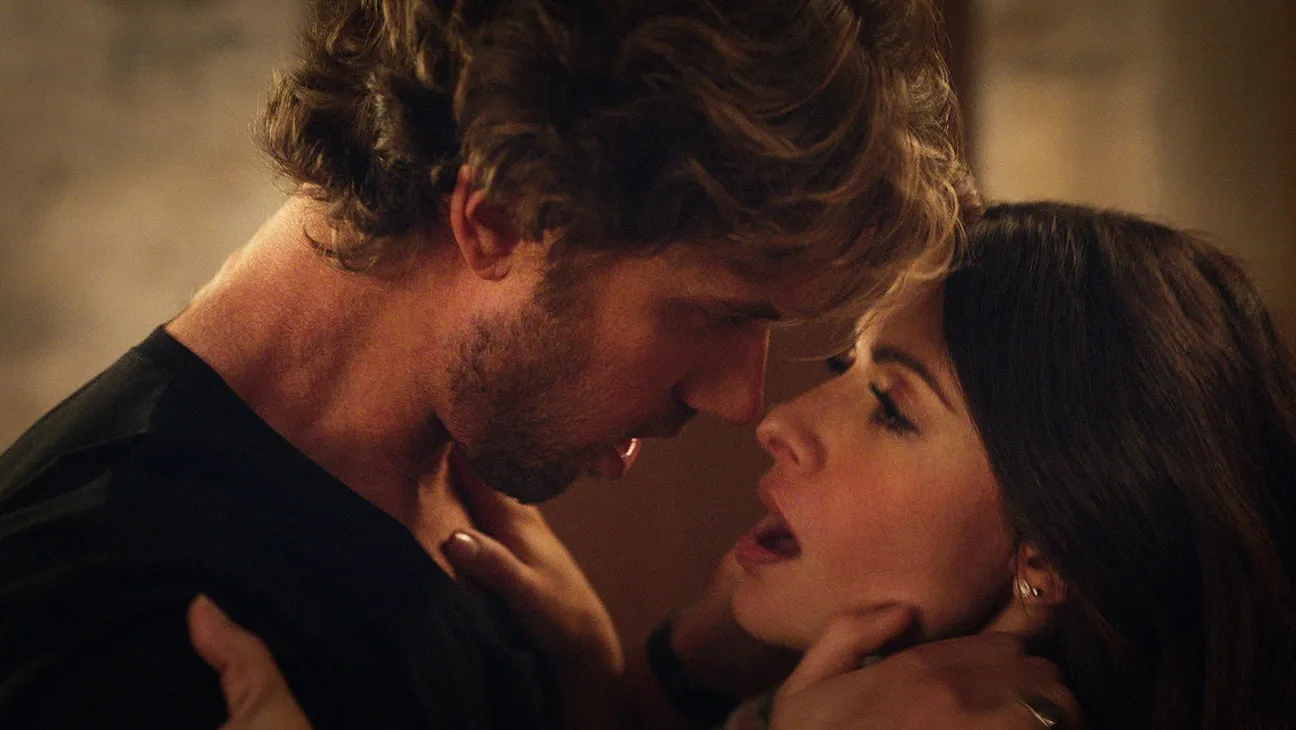
This takes us to the real main attraction of the show: the unadulterated focus on sex and nudity. The R-rated scenes are fruitful and frequent, and those charmed by season one’s infamous naked shower scene will not be short-changed.
The series undoubtedly caters to the female gaze; full-frontal male nudity, albeit rare in today’s media, catches us off-guard more than once and softcore sex scenes are almost exclusively engulfed by stylish pink and purple neon.
Though twee, I can appreciate that female pleasure is Sex/Life’s main focus for both Billie and its audience. I welcome with open arms any series that rewrites female desire after the degrading destruction Netflix sensation 365 Days (2020) caused.
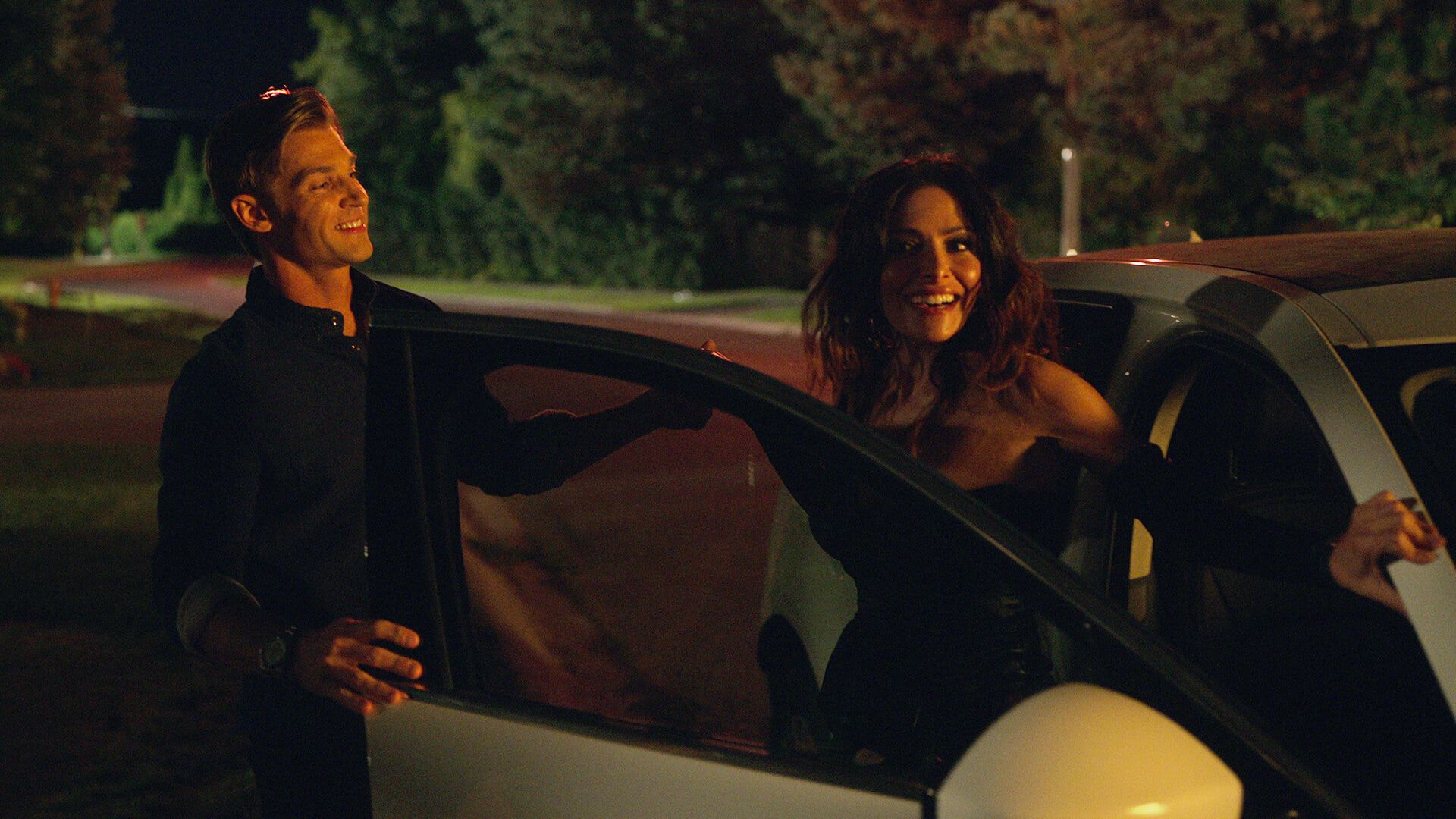
However, the show quickly loses rhythm, and the sheer repetition of these scenes rendered them lacklustre. The thrill becomes cheap and entirely dependent on scandal. Just in case viewers find the moral deviancy to be a turn off – the creators of Sex/Life have gone as far as to intellectualise the desire for adultery under the guise of human psychology that exposes the flaws of a monogamous modern society.
Although an interesting social comment, references to this ideology are sparse and clumsy. Billie’s career as a psychology lecturer (and PhD) is not celebrated for any other reason than to justify the visceral carnal desires that drive the plot.
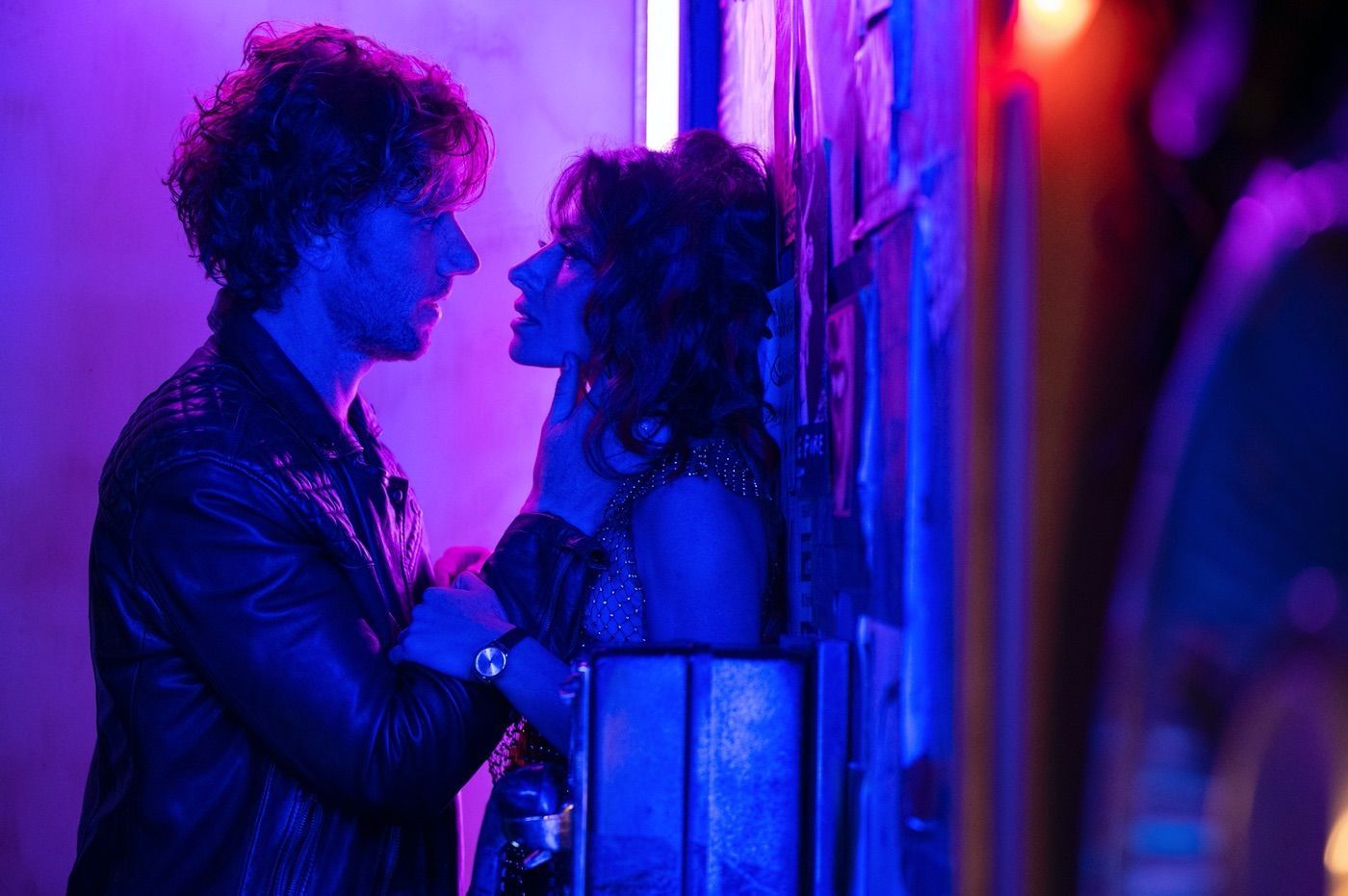
As other female characters congratulate Billie’s courage for chasing her desires, cheating on your husband becomes synonymous with being a feminist icon in the limiting world of marriage and children. No character is exempt from adultery, and the wrongdoings of each character no longer need an apology as it is deemed human nature to want sex with everyone, all the time.
If you can find something in common with a sexually frustrated good wife and enjoy glamour, sex, and more sex – I have no doubt Sex/Life will quench your thirst.
Its melodrama is undeniably entertaining, and the agonising dialogue can easily be ignored when dressed up in outlandish sequins, chrome and skin-tight dresses. Personally, I treasure season one as a guilty pleasure, but after reaching the climax at the end of season two, the melodrama ebbed away, and it became clear that I had been seduced by the epitome of trashy TV.
Featured Image: Courtesy of IMDB
Were you convinced by Sex/Life's second season?


